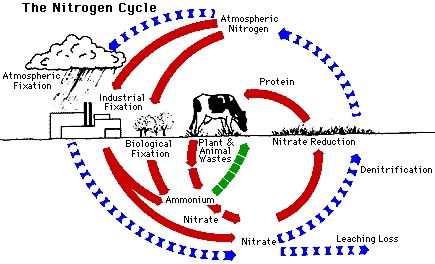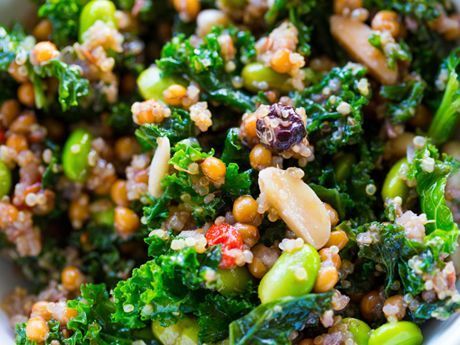Retirement is a time in life that can bring many positive changes, including the opportunity to focus on your health and well-being. One important aspect of maintaining good health is through a balanced and nutritious diet. In this article, we will discuss the significance of healthy eating in retirement and provide valuable tips to help you make informed dietary choices as you enjoy your golden years.
The Importance of Healthy Eating
As we age, our nutritional needs change. It becomes crucial to consume nutrient-dense foods that support overall well-being and reduce the risk of chronic health conditions.
1. Maintaining a Healthy Weight
Following a nutritious diet helps prevent weight gain and obesity, which can lead to an array of health problems such as diabetes, heart disease, and joint pain. By consuming a balanced diet, you can manage your weight and feel more energetic during your retirement years.
2. Boosting Immunity
As we age, our immune system weakens, making us more susceptible to illnesses and infections. Eating a variety of fruits, vegetables, whole grains, and lean proteins can help strengthen the immune system and improve your body’s ability to fight off infections.
3. Reducing the Risk of Chronic Diseases
Retirement is the perfect time to focus on disease prevention. A well-balanced diet high in nutrients can reduce the risk of chronic conditions such as heart disease, stroke, cancer, and osteoporosis. Make sure to include plenty of fruits, vegetables, whole grains, lean proteins, and healthy fats in your meals.
Practical Tips for Healthy Eating in Retirement
1. Incorporate Nutrient-Dense Foods
Eat a variety of nutrient-dense foods that are rich in vitamins, minerals, and antioxidants. These include fruits, vegetables, whole grains, lean proteins, and plant-based fats such as nuts and avocados.
2. Stay Hydrated
With age, the sensation of thirst decreases. However, it is essential to stay properly hydrated to support vital bodily functions. Drink plenty of water, herbal teas, and other non-sugary beverages throughout the day.
3. Pay Attention to Portion Sizes
As our metabolism slows down with age, it is important to eat appropriate portion sizes to maintain a healthy weight. Use smaller plates and bowls to control portion sizes and avoid overeating.
4. Limit Salt and Sugar Intake
Excessive consumption of salt and sugar can increase the risk of high blood pressure, diabetes, and other health issues. Opt for natural sugars found in fruits and limit processed foods that are high in added sugars. Use herbs, spices, and other seasonings to add flavor to your dishes instead of relying on salt.
5. Plan and Prepare Meals
Planning and preparing meals in advance can help you avoid unhealthy food choices. Set aside time each week to create a meal plan, make a shopping list, and cook nutritious meals that you can enjoy throughout the week. This will also save you time and money.
6. Socialize and Explore New Recipes
Retirement offers the opportunity to socialize and engage in new activities. Consider joining cooking classes or sharing recipes with friends who also prioritize healthy eating. Exploring new recipes and cooking together can make healthy eating more enjoyable and exciting.
Conclusion
Embracing healthy eating in retirement is essential for maintaining good health, preventing diseases, and enjoying a higher quality of life. By following the practical tips provided in this article, you can make informed dietary choices and enjoy the many benefits that come with nourishing your body with wholesome foods during your golden years.












